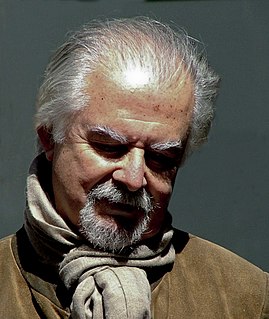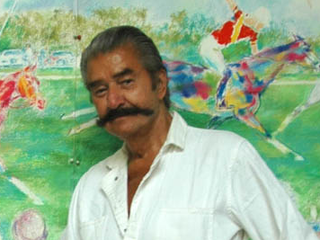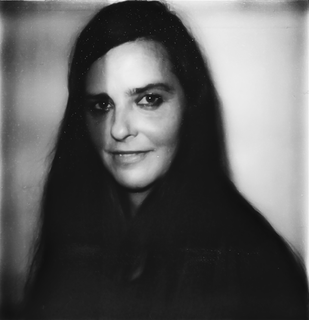A Quote by Fernando Botero
In the '60s, I did many satirical portraits of dictators.
Related Quotes
It has been difficult to hold onto many paintings but I have retained a few. Possibly the current favorite is titled 'Big Band' completed in 2005. It measures 13 feet x 9 feet. It has 18 nearly life size recognizable portraits of the biggest jazz stars that I knew and saw perform in the 1950s, '60s, '70s, '80s and includes Wynton Marsalis.
So many dictators trying to blackmail the free world because they have no way to compete on ideas, innovation or creativity. The Cold War was two competing visions of the future. I was always anti-communist but it was an idea at least, an alternative idea. We do not have a competing vision for the future because the ideals of these dictators are in the past. They are time travellers. They need confrontation and destruction to survive. The problem is, many people in the free world are sympathetic to Vladimir Putin.
I think a playful critique is good for all of us, and that's basically how I see satire functioning. But I'm not interested in a kind of contemptuous satirical vision; I try always, even when I'm knowingly being satirical, to also be humane, but I mean, let's face it: there's plenty in American life to make fun of, and we all participate in it.







































